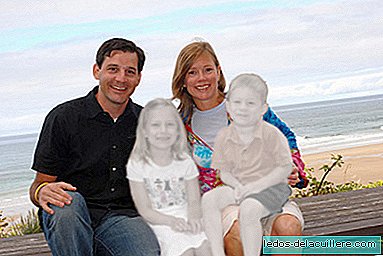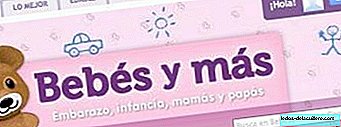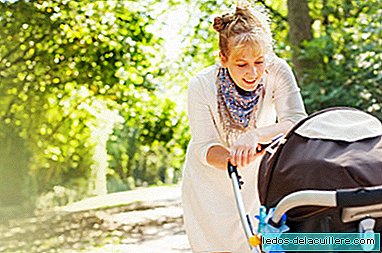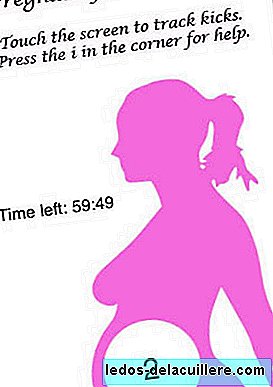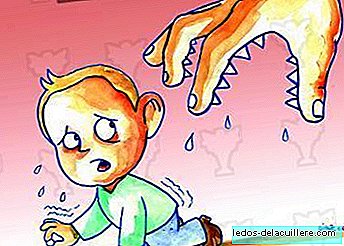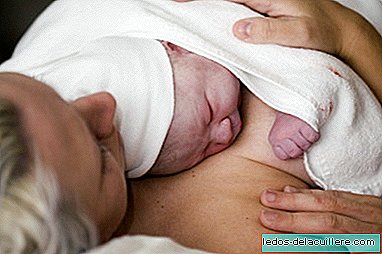
The newborn is a very fragile and sensitive being, who has just gone through a very stressful situation and has completely changed the environment in which he has lived until then. Therefore, after a normal delivery, great attention must be paid while trying not to separate it from the mother.
If the newborn has been full term and not premature, these are the care the baby receives right after birth, or so it should be according to the recommendations of the Newborn Essential Care Working Group of the World Health Organization.
In our environment babies are usually well cared for and these procedures are part of hospital care, but if they are not carried out they can put the baby's health at risk. According to the WHO, 40% of deaths of children under five years of age worldwide occur in the first month of life, and most of them in the first week, many due to inadequate care after childbirth. These are the first medical attention the baby needs:
As soon as the baby is born, the general condition of the child is examined; make sure the baby's airway is free.
The cord is clamped and cut. Lace cutting it must be performed with sterile instruments to prevent infections and the most appropriate time is once it has stopped beating (or two or three minutes after birth), which provides essential iron reserves for the child.

Immediately after birth the child must be dried with hot towels, while being placed on the mother's abdomen or in her arms. The baby can therefore be on the mother while "cleaning", although the vernix is not dirt and can be removed later. It is necessary to put the child on the mother, skin with skin, as soon as possible, to maintain the newborn's good body temperature and conveniently initiate breastfeeding.
It is important to maintain the body temperature of the newborn; Babies born in rooms with low temperatures may experience marked drops in body temperature and consequently metabolic problems. Decreases in the body temperature of the newborn can be avoided by ensuring a direct skin to skin contact Between this one and the mother.
Early skin-to-skin contact between the mother and the newborn is important for many other reasons. Psychologically it stimulates the mother and the child to get used to each other. After birth, children are colonized with bacteria, and it is better for maternal skin bacteria and not for other people's bacteria.
You should encourage early breastfeeding and start breastfeeding if possible in the first hour postpartum, as recommended to achieve a happy breastfeeding. In addition, the stimulation on the nipple by the child can favor postpartum contractions (the entuertos) for a correct uterine seal and reduce the risk of severe bleeding.
There are other tasks in the first hour of life that can be done quickly: weighing or identifying the baby, administering vitamin K ... and in the following hours, if the baby's health is good, the rest of the necessary tests can be performed without separating the mother and the baby.
As we see, although it seems that time stops at that magical moment in which we see our baby for the first time and we also hear it, we smell it, we touch it ... many things happen, quickly around us: they are the first care the baby receives right after birth.
Photos | iStock
Via | Andalusian Board
In Babies and more | What is a preterm birth? Can you prevent ?, How is that magical moment when we see the baby for the first time ?, How will your baby and how it will not be




